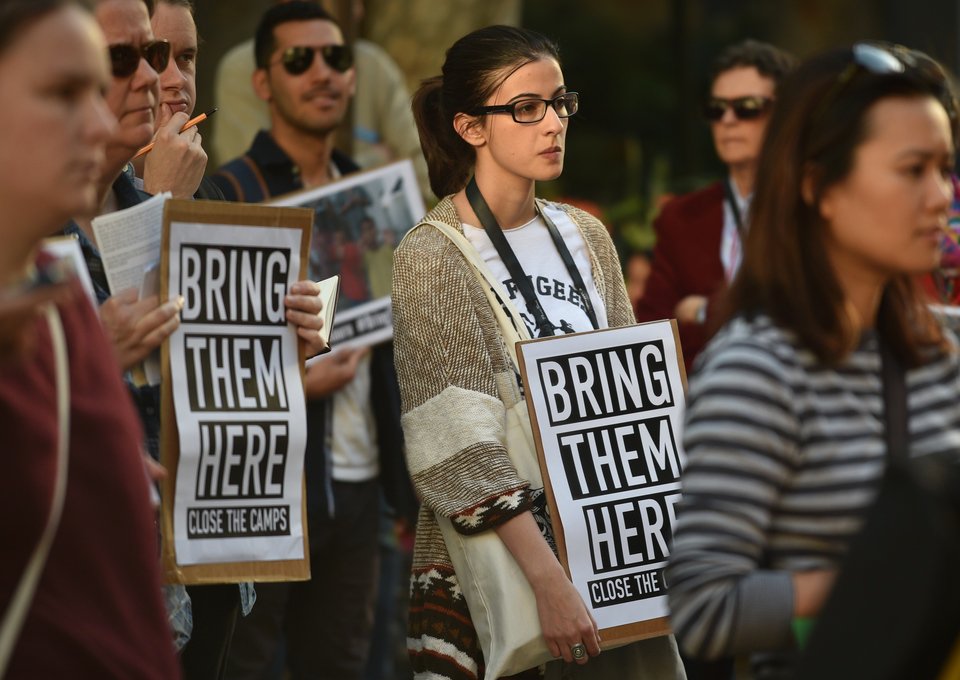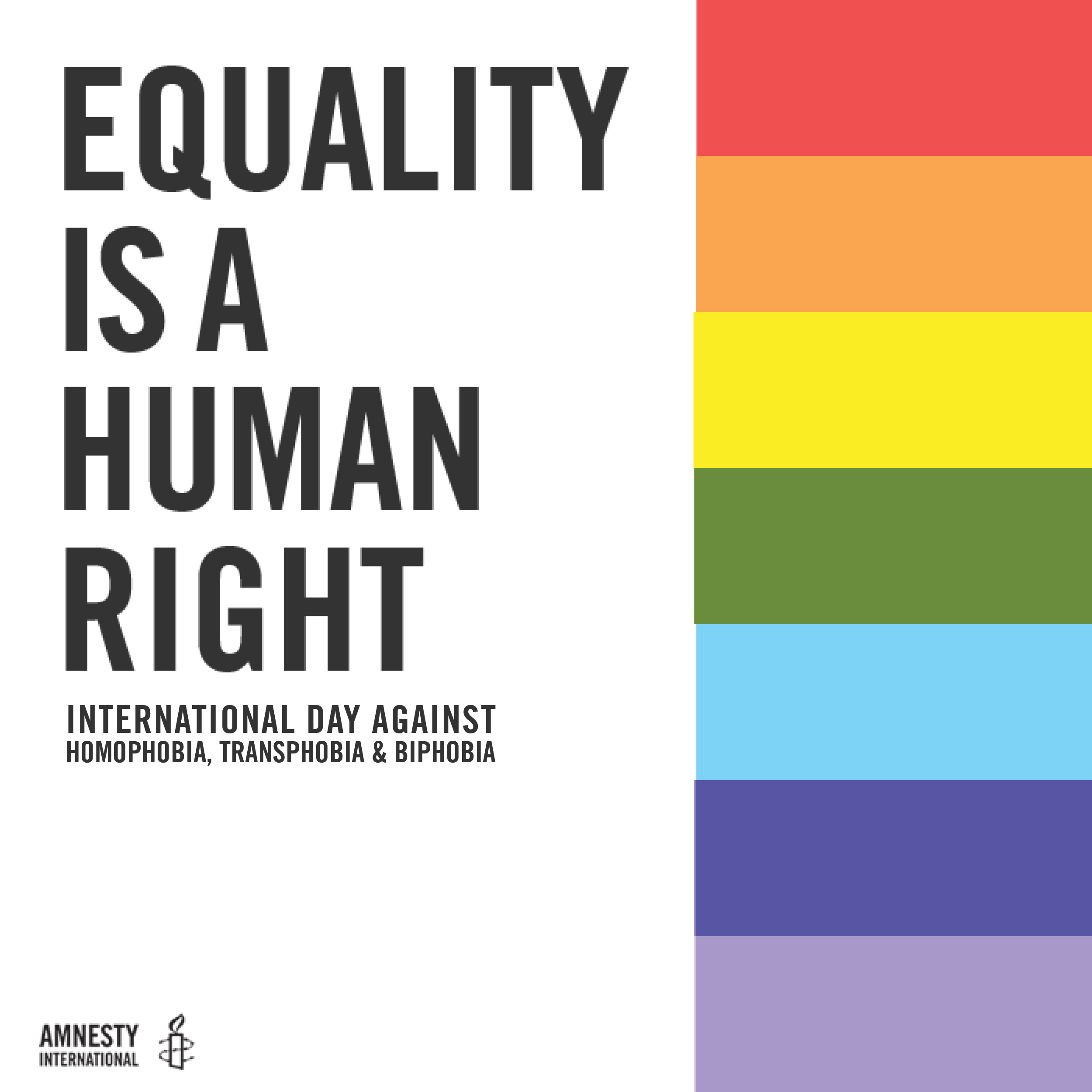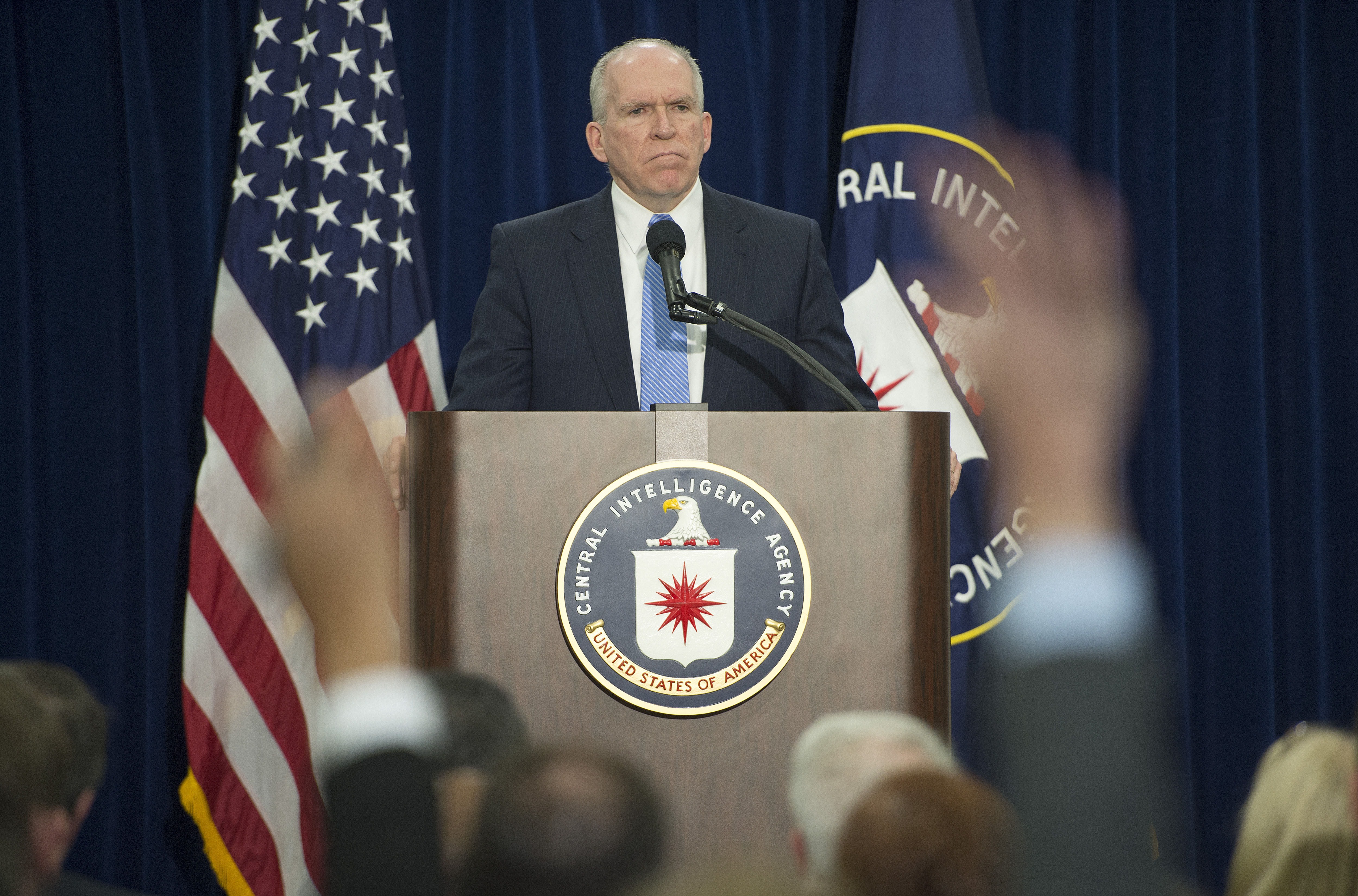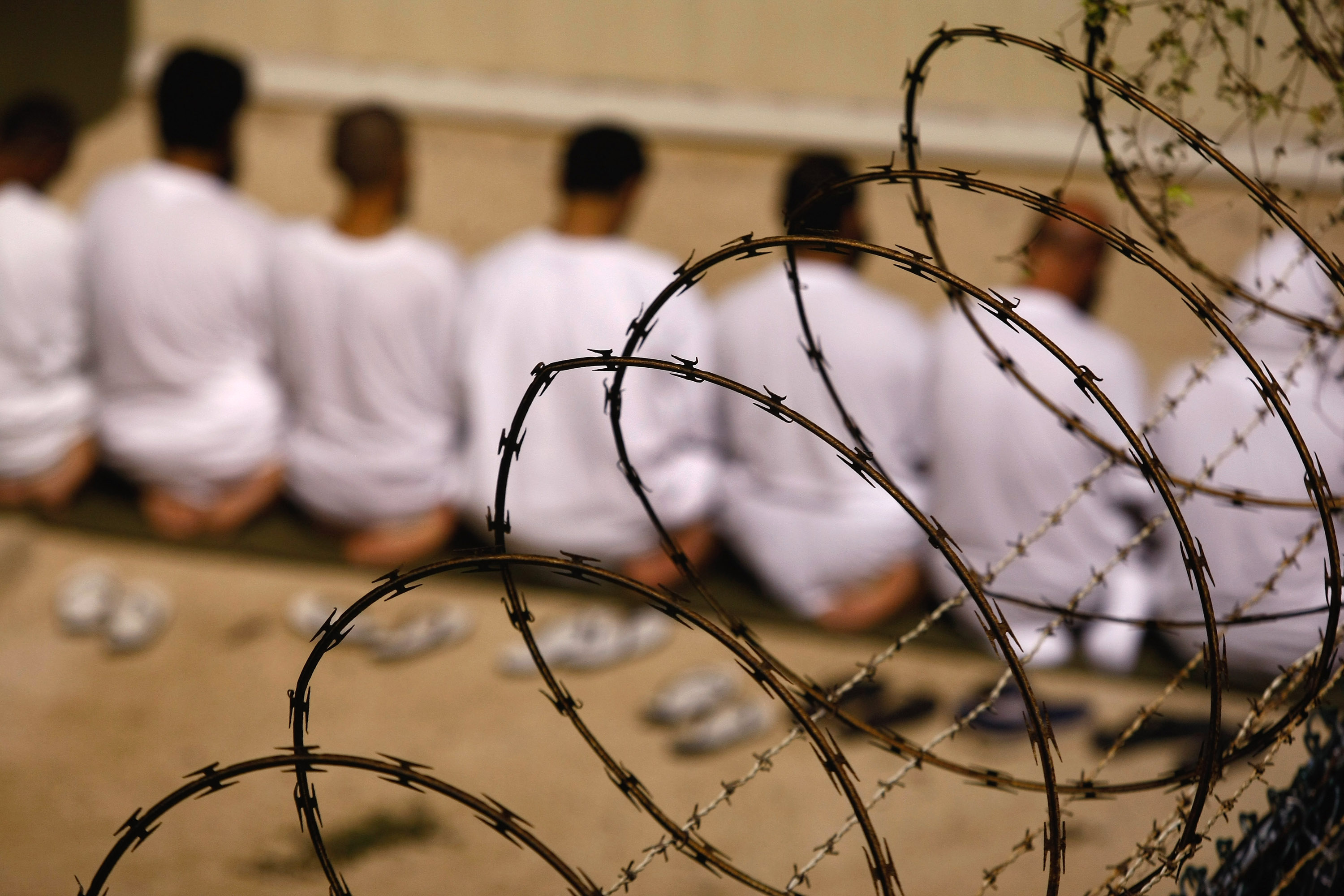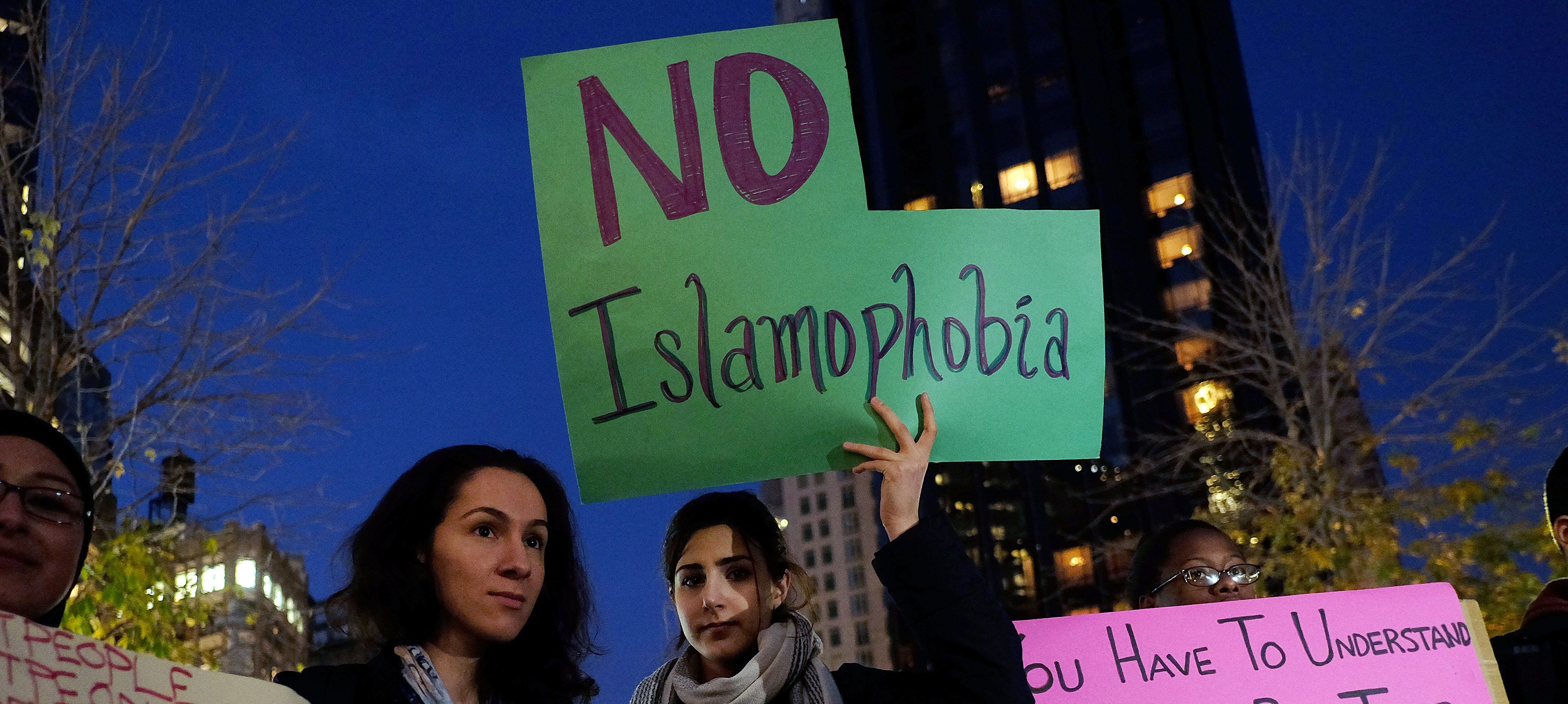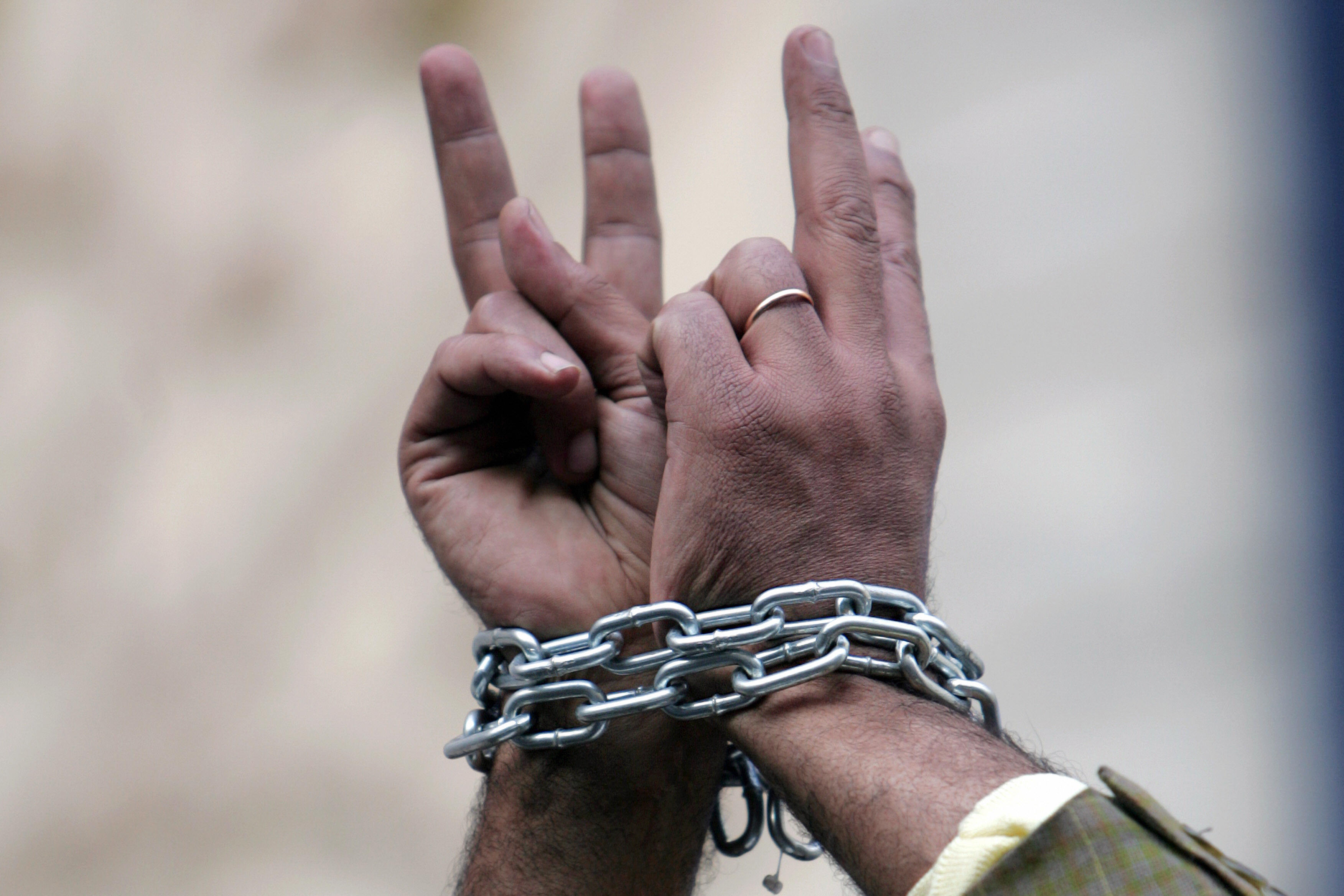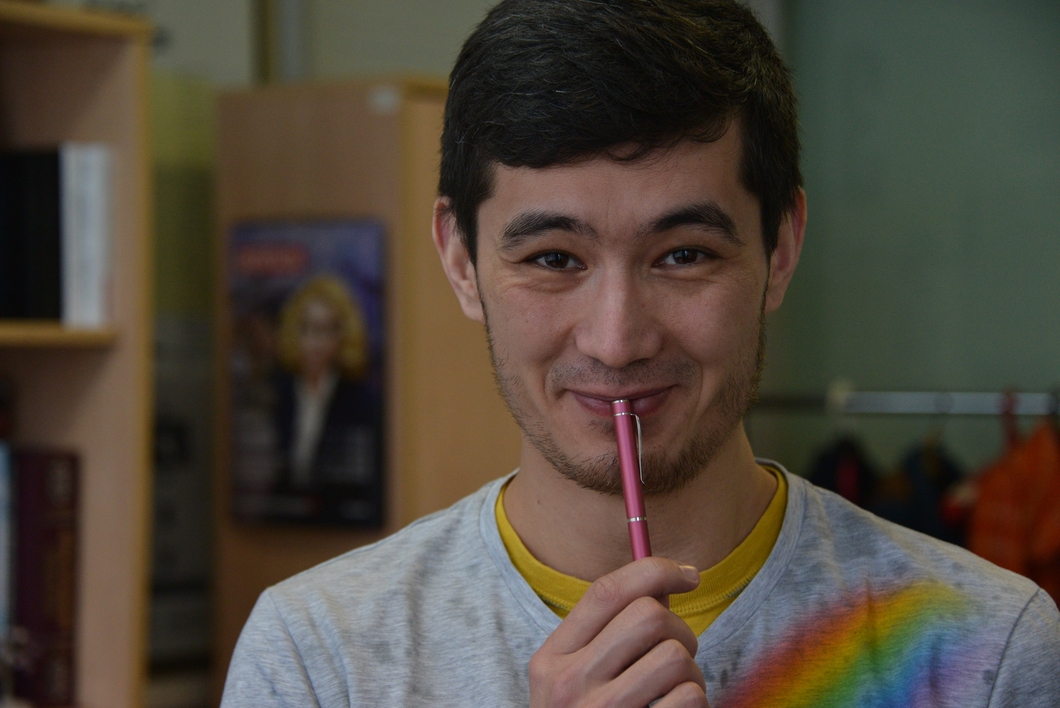
By Ella Shen
A few weeks ago, Amnesty International, along with other international organizations, has expressed heavy concern over the possibility of danger, including torture amongst other human rights violations, to journalist Khudoberdi Nurmatov (also known as Ali Feruz), if forcibly returned to Uzbekistan. SEE THE REST OF THIS POST
